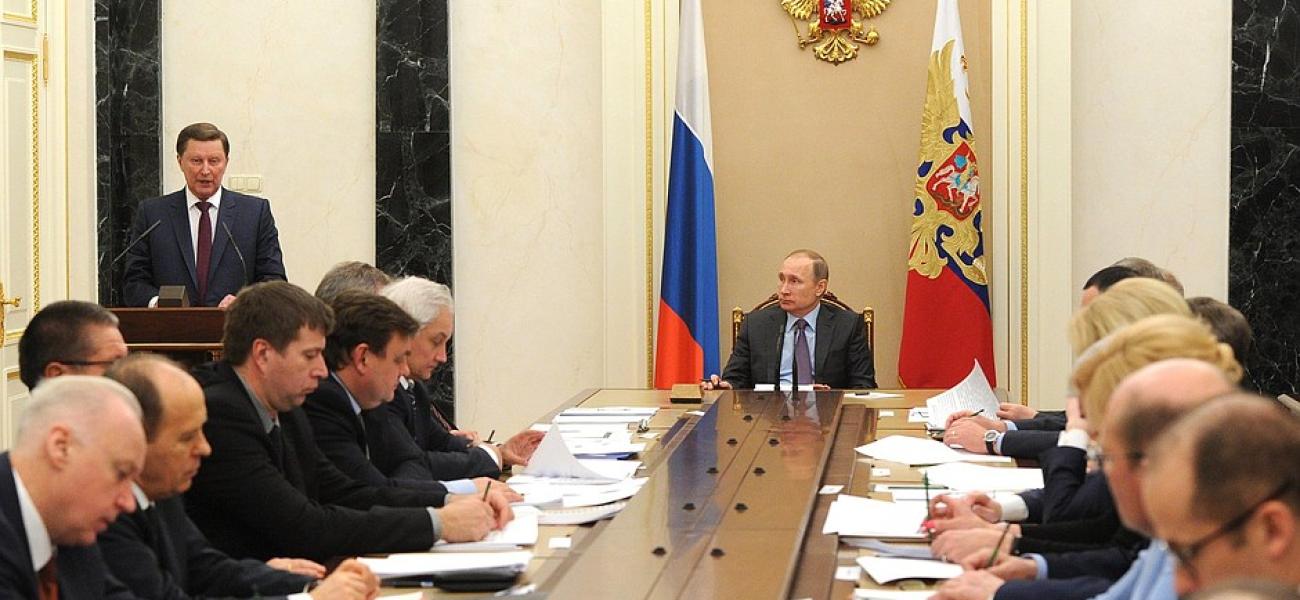
Why Putin Tolerates Corruption
This is a summary of an article originally published by the New York Times.
The author compares the Chinese and Russian responses to government corruption. President Xi Jinping has declared war on corruption and purged dozens of top officials—much to the delight of the Chinese public. Russian President Vladimir Putin, the author argues, has been much easier on public corruption in Russia. The author argues that Putin’s apathy cannot be explained by the Russian president’s personal corruption, as many kleptocratic leaders engage in anti-corruption campaigns. First, Krastev argues that corruption is a middle-class concern, and since the Russian middle-class is muddled in the same corruption, there is no desire to start a campaign. Second, public perceptions of corruption can be changed by engaging in successful foreign policy excursions, like how Russian perception of corruption dropped significantly after the Crimean annexation. Krastev argues that the Kremlin’s main concern is securing the loyalty of the corrupt elite, who are vulnerable to Western pressure. Finally, the author claims that "any anti-corruption campaign will inspire the public to demand change,” something that Putin desperately wants to avoid.
Read the full text at the New York Times.
Ivan Krastev
Ivan Krastev is the chairman of the Center for Liberal Strategies, a fellow at the Institute for Human Sciences, and the author of several books on democracy and corruption.
Photo by Kremlin.ru shared under a CC BY 4.0 license.
